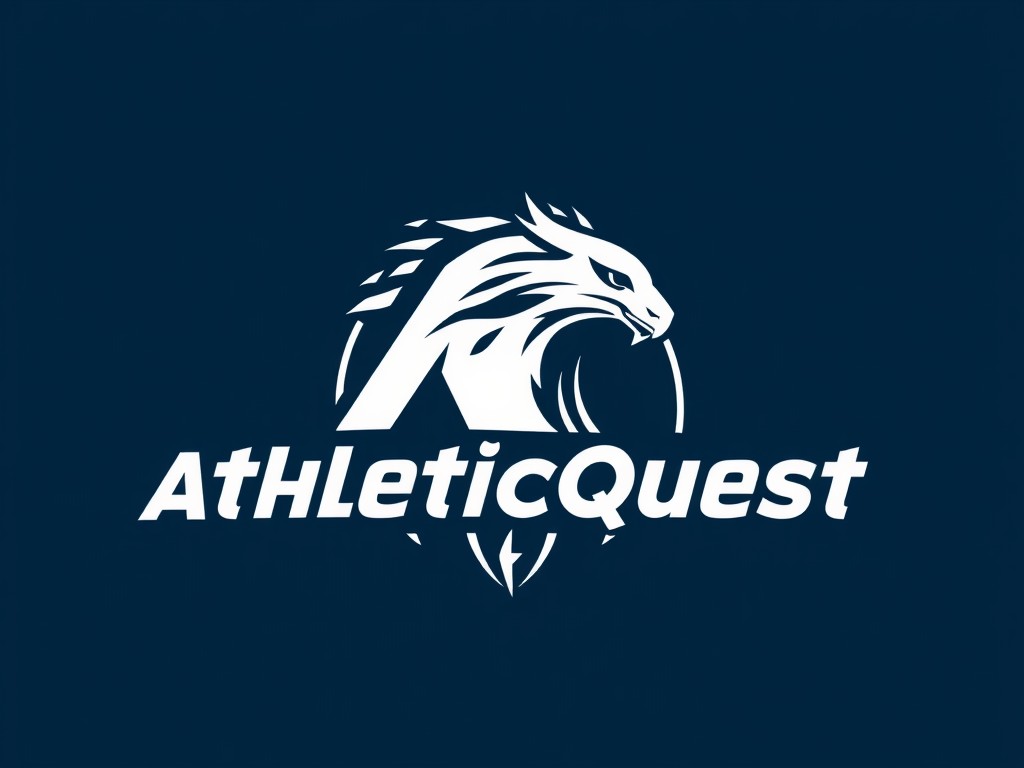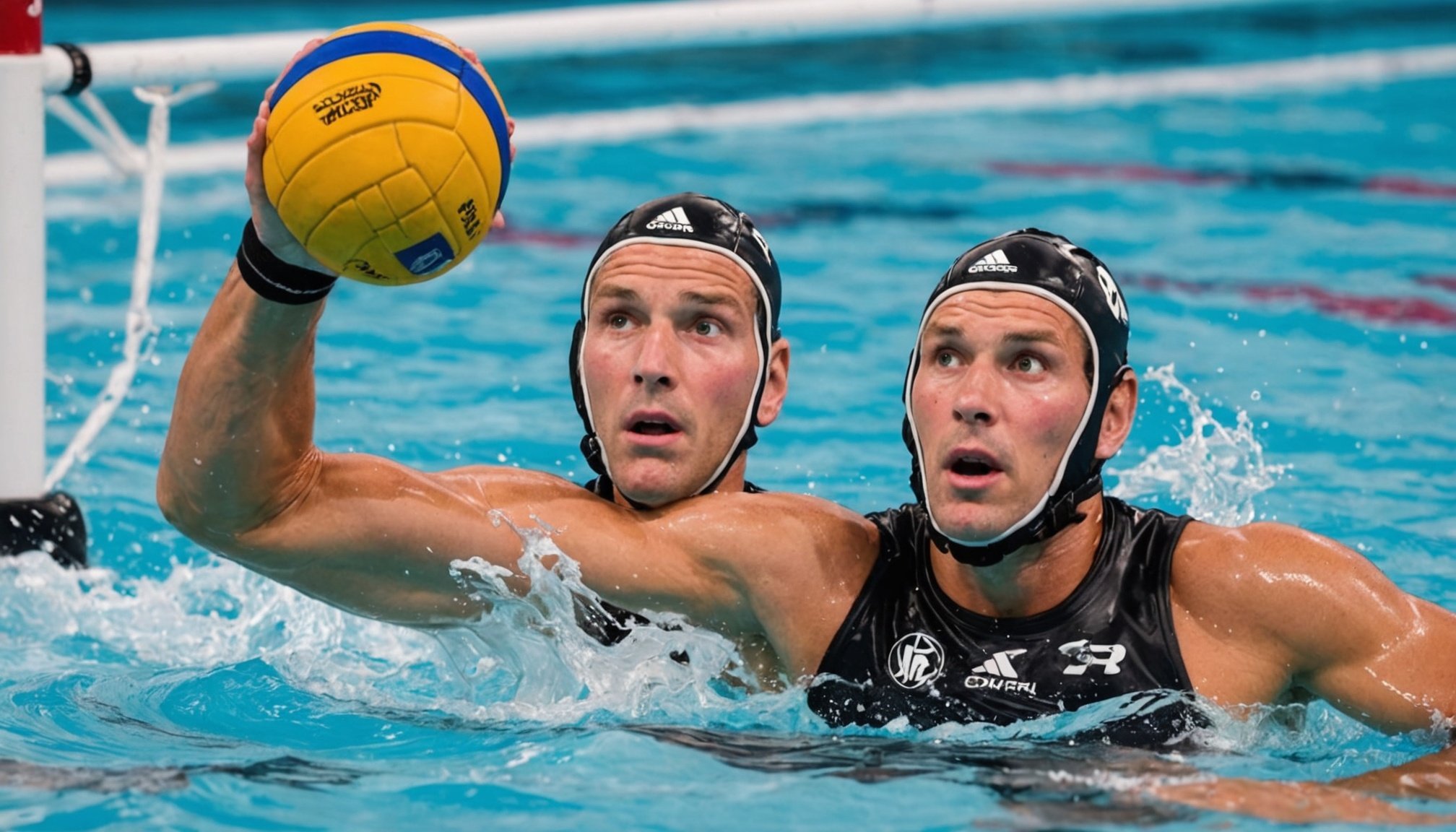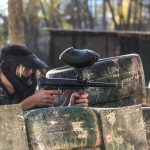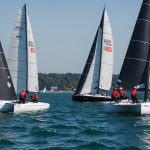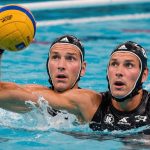Importance of Quickness in Water Polo Goalkeeping
In the high-intensity sport of water polo, reaction time is crucial for any goalkeeper. This decisive skill directly influences a goalkeeper’s performance in blocking swift attacks from opponents. A quick reaction can mean the difference between a successful save and a missed opportunity, affecting the overall outcome of a match.
Recent statistics link reaction time to goalkeeper performance, highlighting that goalkeepers with faster responses tend to have higher save percentages. This relationship is evident in split-second decisions made under pressure. For example, a goalkeeper must quickly interpret the trajectory and speed of an oncoming ball, deciding instantly on the appropriate defensive move.
This might interest you : Find your next adventure with hike seeker's expert tips
Challenges in honing quickness are not uncommon. Goalkeepers often struggle with the unpredictable nature of water polo, as the ball can approach from various angles and speeds. Furthermore, maintaining peak reaction time during the entire match requires immense physical and mental energy.
To develop quickness, goalkeepers might engage in specific drills that enhance their reflexes and decision-making speed. Such practices are designed to simulate real-game scenarios, thereby better preparing athletes to react instinctively and swiftly under pressure. Enhanced goalkeeper performance is often the result of dedicated training focused on overcoming these challenges.
Have you seen this : Essential Prep Guide for First-Time Competitive Sailors: Mastering Your Debut Regatta
Essential Drills to Boost Reaction Time
Sharpening a goalkeeper’s reaction is crucial in football. Strategic drills are the cornerstone of effective goalkeeper training.
Lateral Movement Drills
To improve reaction time, goalkeepers must focus on their lateral movements. Exercises such as shuffling side-to-side over cones or using ladder drills enhance quick, agile direction changes. These drills are beneficial in developing speed and balance, essential for responding swiftly to unpredictable ball trajectories.
Integrating these exercises into everyday practice doesn’t require much equipment or space. Consistency is key; start with short sessions before gradually increasing intensity.
Reaction Ball Exercises
Reaction balls are peculiar-shaped tools that bounce unpredictably, perfect for honing hand-eye coordination. By bouncing a reaction ball against a wall and catching it, goalkeepers can sharpen their reflexes. Performing these drills regularly improves reaction times and the ability to adapt to unexpected changes in ball trajectory.
Reaction Time Games
Finally, reaction time games add a competitive twist to training. Games like quick-fire ball toss or timed save challenges enhance focus under pressure, making these drills both engaging and effective. Tailoring these games to fit various skill levels ensures all goalkeepers benefit, fostering a fun yet productive training environment.
Integrating Strength and Conditioning for Enhanced Quickness
Achieving optimal goalkeeping agility hinges on not just reaction skills but also on superior physical fitness. The relationship between physical preparedness and reaction time is pivotal; enhanced strength and finely tuned conditioning significantly enhance a goalkeeper’s ability to respond promptly during a match. Let’s delve into how strength and conditioning can transform quickness.
Strength training plays an indispensable role in fortifying muscular endurance and power. Exercises like squats, deadlifts, and lunges are particularly beneficial. These actions increase lower body strength, permitting goalkeepers to execute explosive movements and cover the goal area more swiftly. Incorporating plyometric exercises, such as box jumps or power cleans, further refines fast-twitch muscle fibres, vital for agile performances.
In complementing strength training, conditioning exercises are paramount for developing stamina and speed. High-Intensity Interval Training (HIIT) sessions enhance cardiovascular endurance while maintaining agility. Tailored circuits that include sprints and lateral shuffles ensure goalkeepers remain sharp and responsive throughout a game.
Together, these well-rounded strength and conditioning regimens ensure goalkeepers not only preserve their quickness drills but also consistently perform at their peak. Balancing strength and conditioning with skill-specific drills presents a comprehensive approach to mastering goalkeeping agility.
Professional Insights and Best Practices
In the realm of goalkeeper training routines, quickness is paramount. Experienced water polo coaches advocate for drills that enhance agility and reflexes. Incorporating short, intense intervals with varied rest periods can significantly improve an athlete’s speed and stamina. Quick change of direction exercises are also recommended. These drills ensure goalkeepers are prepared for unexpected movements during a match.
Drawing from the expertise of professional athletes who have excelled in the sport offers invaluable coaching tips. Athletes often highlight the importance of mental preparedness alongside physical training. Staying mentally agile allows goalkeepers to anticipate play changes swiftly, improving their reaction times.
For those seeking further development, numerous resources are available. Various online platforms provide expert advice on specialised training regimens and techniques tailored for goalkeepers. Books written by successful athletes and coaches also offer in-depth insights into the intricacies of the sport.
Success stories like that of an Olympian goalkeeper, who attributes her accomplishments to a rigorous and consistent training routine, emphasize the effectiveness of structured practices alongside dedication and persistence. Engaging with these stories can serve as motivation and provide a blueprint for aspiring athletes as they refine their own training strategies.
